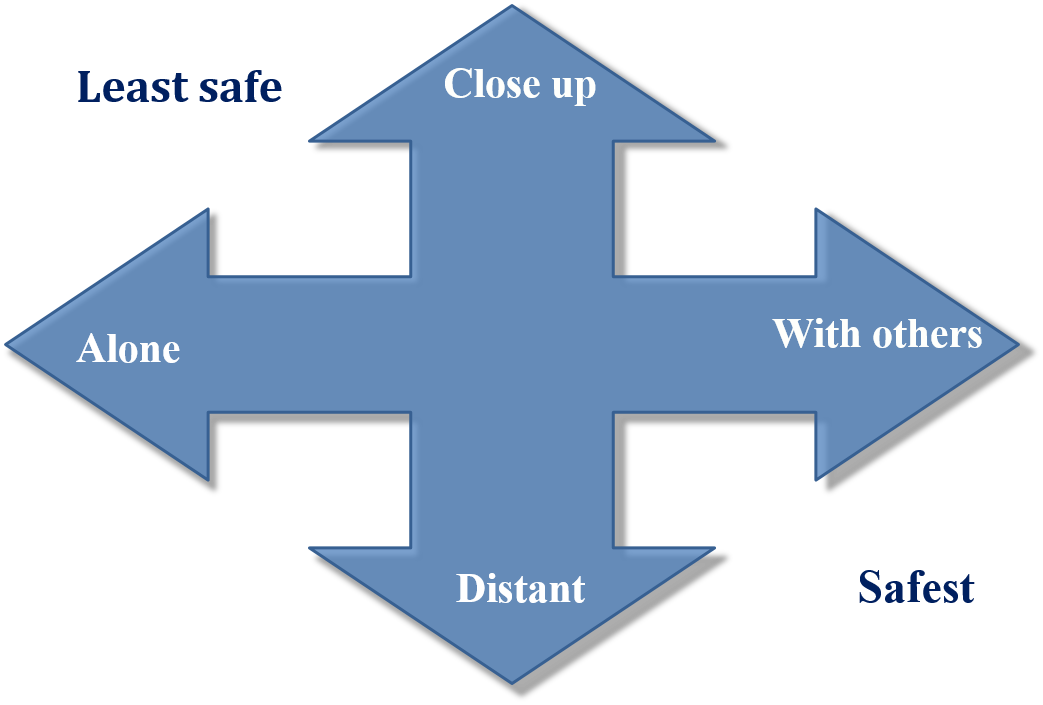“Throughout history, it has been the inaction of those who could have acted; the indifference of those who should have known better; the silence of the voice of justice when it mattered most; that had made it possible for evil to triumph.” – Haile Selassie
We all have a responsibility in creating a society where people are treated with dignity and respect. The bystander approach encourages the community to take ownership of sexual violence as a problem and to take action if a potentially dangerous situation has been witnessed.
A bystander is someone who might witness a problematic situation, they are not usually directly involved but are either present when an incident occurs or they are informed after it has happened. If bystanders remain passive and do not challenge negative attitudes and beliefs of others, that can lead to prejudicial and biased behaviour and potentially more serious acts of discrimination hate and violence.
An active bystander is someone who when they become aware of a problematic situation takes the responsibility to act. Being an active bystander means being aware of when someone’s behaviour is inappropriate or threatening, and choosing to challenge it. If you do not feel comfortable doing this directly, then get someone to help you such as a friend or someone in authority. You can also report behaviour using the report tool.
Acts of harassment, hate crime and sexual violence often start with negative attitudes, beliefs and stereotypes about other people. These beliefs are cultivated through exposure and repeated reinforcement by those around them and they can form prejudices. These prejudices can cause biased behaviour and potentially more serious acts of discrimination hate and violence. We want people to notice potentially problematic situations. Acts which one may witness as a bystander include:
- Ageism
- Homophobia
- Racism
- Religious Hate
- Sexism
- Transphobia
Terminology
Click on the links below to learn how to identify the following behaviour and what action to take:
· Bullying/Harassment
· Online Abuse
· Hate Crime
· Sexual Misconduct
Decision Making Process
QUESTIONS TO ASK BEFORE I TAKE ACTION:
· Am I aware there is a problem or risky situation?
· Do I recognise someone needs help?
· Do I see others and myself as part of the solution?
QUESTIONS TO ASK DURING THE SITUATION:
· How can I keep myself safe?
· What are my available options?
· Are there others I may call upon for help?
· What are the benefits/costs for taking action?
DECISION TO TAKE ACTION:
· When to act?
· Resources: people, phone, etc. available?
ACT
Report the behaviour anonymously using the report tool
https://cultureofrespect.org/program/bringing-in-the-bystander/

